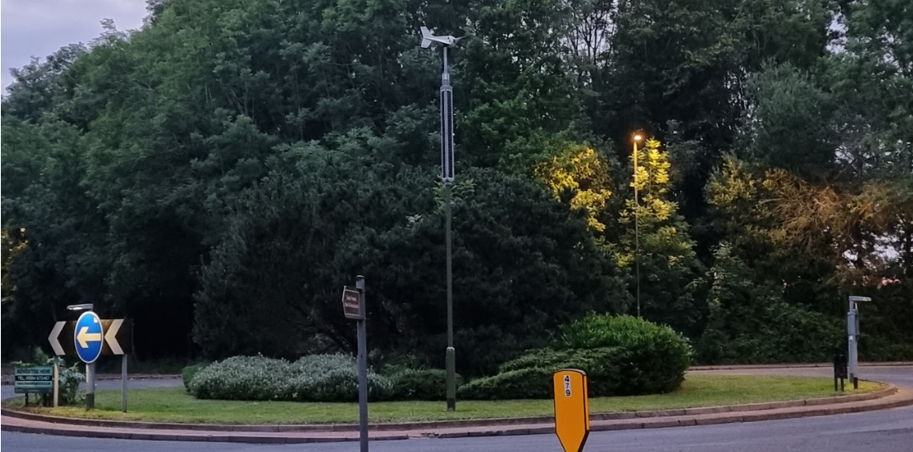This week, Milestone Infrastructure, a part of M Group Services, conducted an innovative pothole trial, believed to be the first of its kind in the country, showcasing existing as well as new methods of pothole repair.
Milestone joined its client Oxfordshire County Council to trial seven different methods of filling potholes or repairing minor defects, using a road between Steventon and East Hanney as a test site.
The road was split into different sections to get a direct comparison of the various methods ranging from cutting edge technology, including Milestone’s ‘Dragon Patcher’ which is already in use in Oxfordshire, to new methods sourced by the business.
Richard Lovewell, Business Director at Milestone, said: “As the leading highways maintenance provider, our focus is on delivering safer, greener highways for all and we are delighted to partner with Oxfordshire County Council on this innovative, controlled trial.
“Although many of the technologies seen are already in use across Oxfordshire, the learnings from comparing different repair techniques on the same stretch of road will enable us to determine the optimum solutions to maximise value for our clients, protect the environment and better serve the communities in which we operate.”
Councillor Andrew Gant, Oxfordshire County Council’s Cabinet Member for Highway Management, said: “As the highways authority, we are committed to seeking new and innovative methods of carrying out repairs on our 3,000-mile road network. That is why we are so pleased to be involved in this pioneering trial which could have a huge impact on improving the quality of the county’s roads.
“We are very proactive when it comes to repairing roads within the budget we have available but, like all councils, we are not given enough government funding for this work. That’s why we are so excited about this project which we hope will increase value for money and improve the service we offer Oxfordshire’s road users.
“We hope this robust trial will provide evidence and information for our contractors about what repair methods work best by testing them on the same stretch of road.”
The trial will allow comparisons between the types of repair, equipment, material, labour used and time taken. This will include an understanding of the potential results, longevity of repairs, waste generated, carbon impact, use of recycled content and productivity that may be achievable.
The next stage will involve additional testing and analysis to enable a longer term review of the different methods.
Back to all

